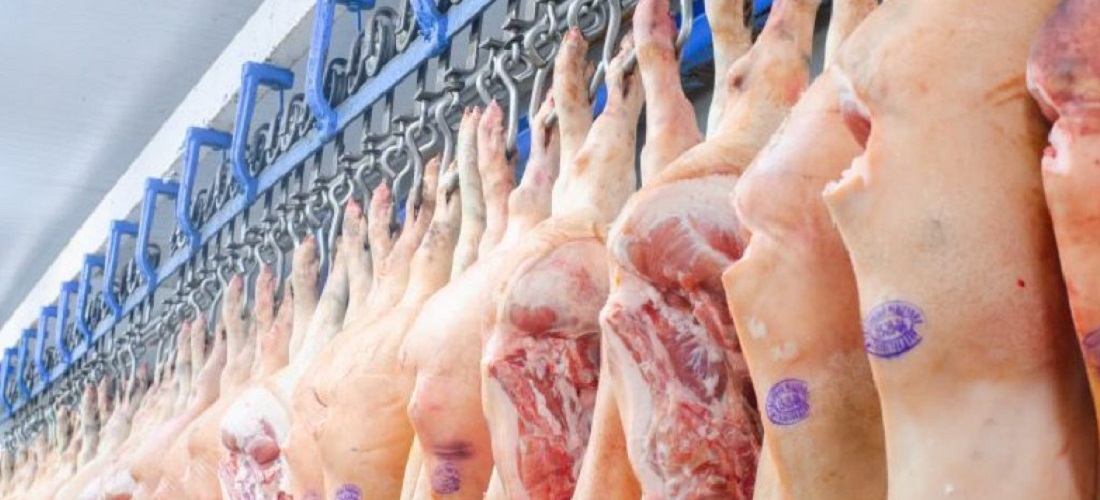
China reduces pork imports due to recovering domestic supply
Nov, 20, 2020 Posted by Ruth HollardWeek 202048
China is starting to curb its appetite for imported pork as it regains its domestic stock and domestic meat prices are beginning to fall. Added to this are consumer concerns about the presence of Covid-19 on food packaging that arrives from other countries.
For more than two years, Chinese breeders have battled outbreaks of African swine flu, a highly contagious hemorrhagic disease that reduced the country’s domestic pig herd in 2019 by 41%, or more than 100 million animals. This drop caused pork prices to double. The African swine fever virus is not harmful to humans, but it is almost always deadly in pigs and there is no vaccine or cure for it.
Swine fever outbreaks are still occurring, but the country has moved to repopulate its pig farms, adding 60 million pigs since early 2020, according to China’s national statistics office. Animals have been imported from Europe to increase pig herds, new farms have been built, and large commercial operations are expanding production.
China’s pig population currently stands at 370 million compared to about 430 million before the detection of African swine flu in the country in August 2018.
The country is the world’s largest producer and consumer of pork and has increased meat imports – including beef and sheep – to help cover the domestic deficit. In the first ten months of 2020, China imported US$ 25.4 billion worth of meat, an increase of 75% over the previous year. This was advantageous for the meat industry that saw demand drop due to the closure of restaurants around the world.
Growth has slowed recently, and October import volumes have returned to February levels, according to data from China’s customs administration. One reason for this is Covid-19. Since June, when the virus first appeared in a Beijing market for seafood, meat, and vegetables, Chinese authorities have identified traces of Covid-19 on imports of chilled and frozen foods, especially on the packaging.
This led to large-scale inspections and tests of food imports. Some meat production facilities had to stop exports to China after workers at their processing factories contracted Covid-19.
Source: Valor Econômico
-
Trade Regulations
Jan, 18, 2022
0
Brazil-Chile free trade agreement to enter into force
-
Dec, 06, 2021
0
Production chains in Southeast Asia are better prepared for Covid-19 outbreaks
-
Grains
Feb, 22, 2023
0
Brazil’s Anec lowers grain export forecast in February
-
Meat
Jul, 11, 2022
0
Paraguayan pork exports decrease in late June


